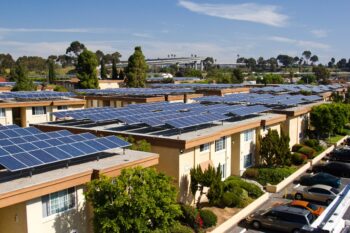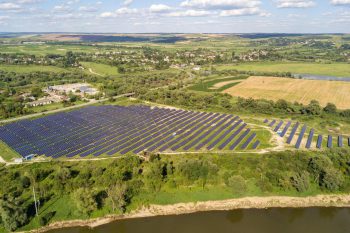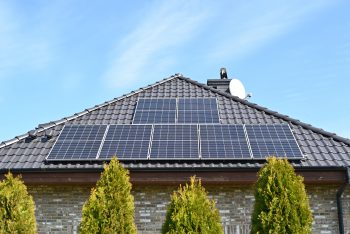get informed
Resources for Solar Customers
If you're looking to install solar on your home or business, SEIA has a variety of resources to guide you through the process. Browse our customer portal to learn more about your options, what to look for in an offer, questions to ask a solar company, your rights as a consumer, and more.
Going solar is a major purchase and you should have a clear understanding of all the solar options available to you before you make a decision for you and your family. Use this guide to get started on your path to going solar.
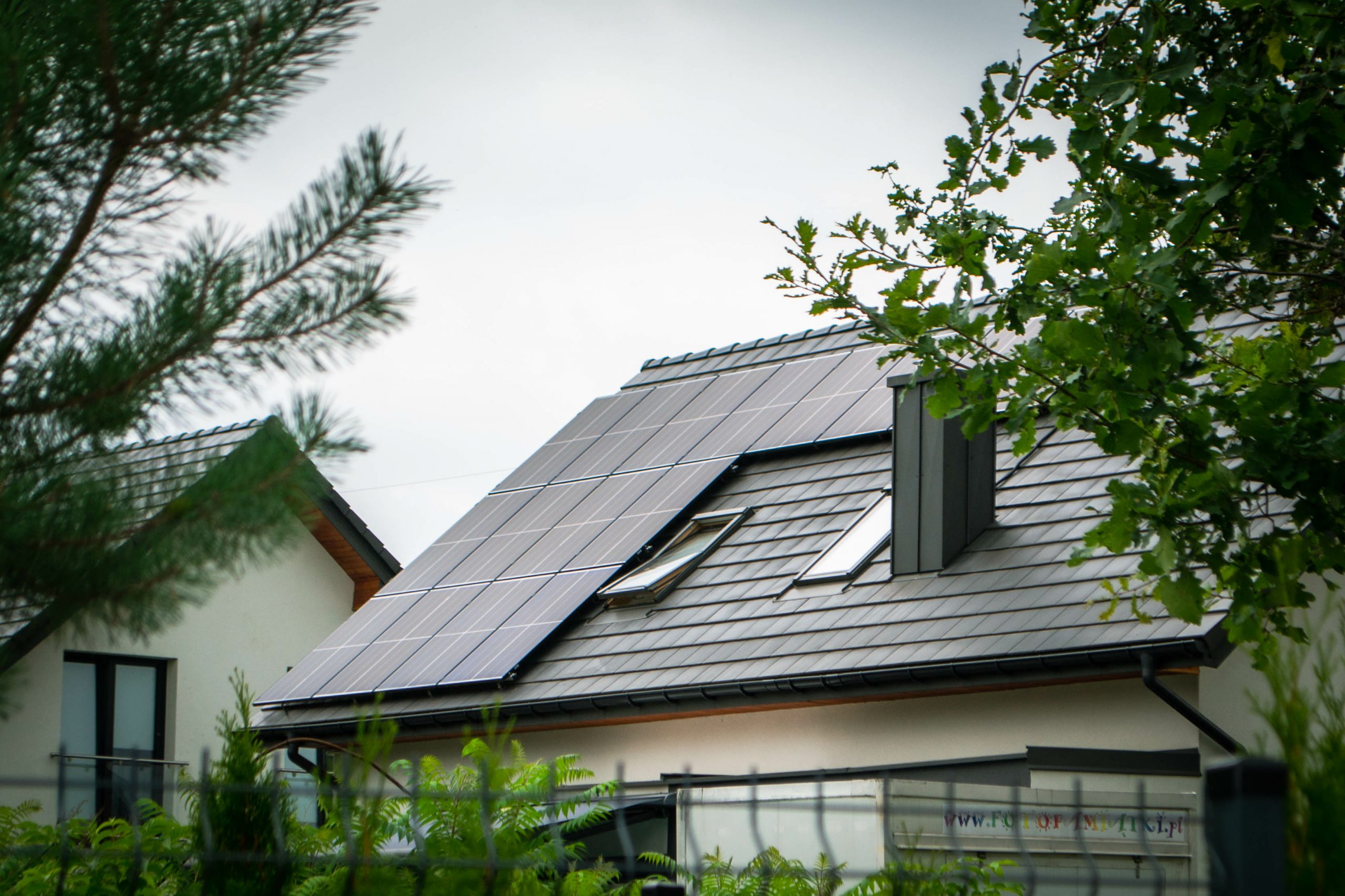
This guide explains the basics of solar energy, your solar options, and the right questions to ask solar professionals before making this important decision.
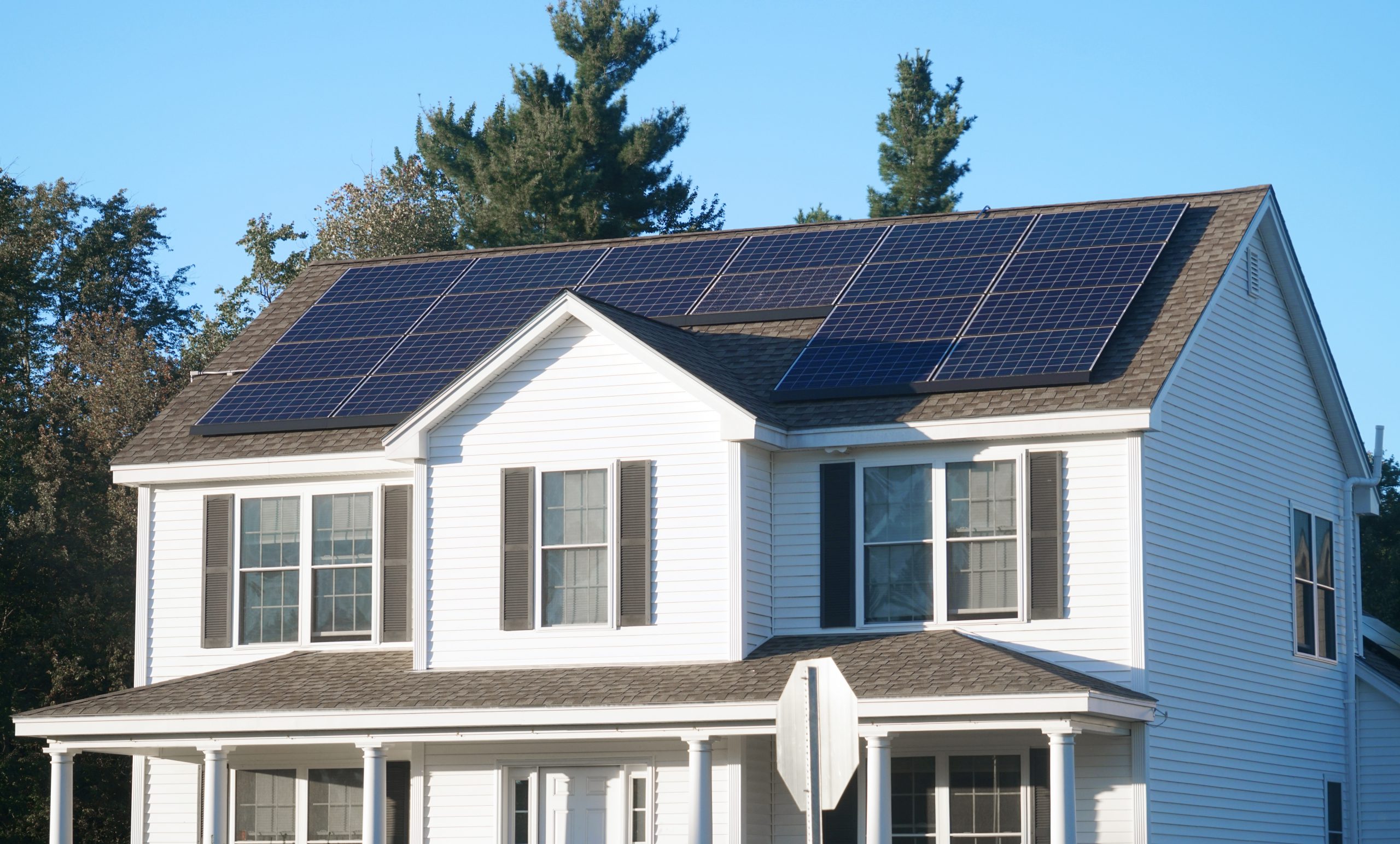
This resource provides a guide on what homeowners need to know about the federal solar tax credit for residential solar energy systems.
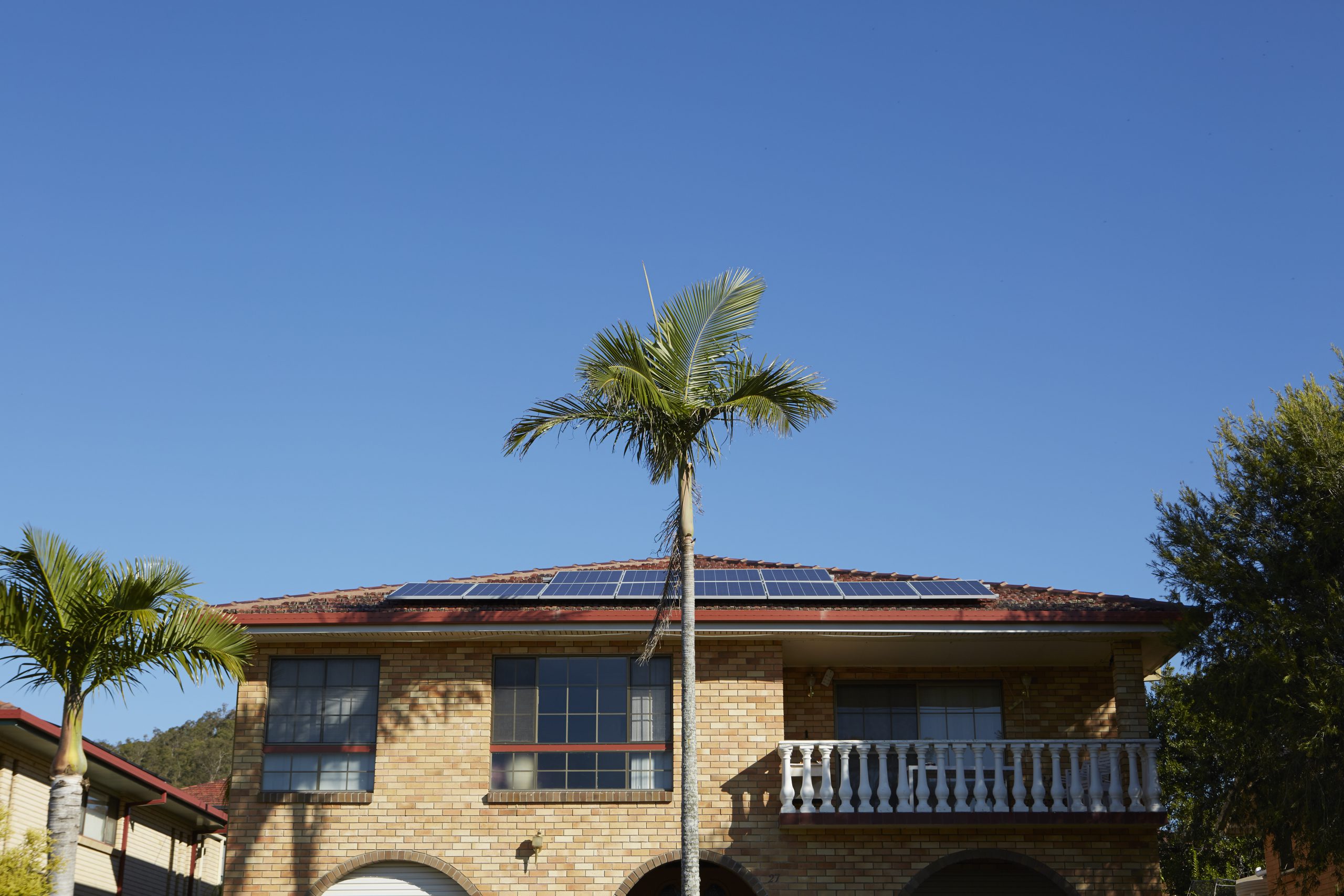
The heart of SEIA’s consumer protection work is the voluntary SEIA Solar Business Code. The Code was formally adopted by SEIA in 2015 and all SEIA member companies must abide by the Code.

La transición a la energía solar es una decisión importante. Si comprende los principios básicos de la energía solar, conoce sus opciones en materia de energía solar y sabe realizar las preguntas correctas a los especialistas en el tema, estará bien posicionado para tomar las decisiones correctas.

about
Net Metering
Net metering allows residential and commercial customers who generate their own electricity from solar power to sell the electricity they aren't using back into the grid. Many states have passed net metering laws. In other states, utilities may offer net metering programs voluntarily or as a result of regulatory decisions. Differences between state legislation, regulatory decisions and implementation policies mean that the mechanism for compensating solar customers varies widely across the country
Read More ->
Solar State By State
Explore the latest solar market insights and policy updates in all 50 states and Washington, D.C.


